What is Creative Thinking?
Creative thinking is the way of thinking that leads to the generation of valuable and original ideas. All people are capable of engaging in creative thinking and practicing ‘everyday’ creativity (addressing everyday activities in a non-conventional way). Creative thinking can be applied not only to contexts related to the expression of imagination, such as creative writing or the arts, but also to other areas where the generation of ideas is functional to the investigation of issues, problems or society-wide concerns.
The PISA assessment will examine students’ capacities to generate diverse and original ideas, and to evaluate and improve ideas, across a range of contexts or ‘domains’. The assessment includes four domains: written expression, visual expression, social problem solving and scientific problem solving. In each of these domains, students engage with open tasks that have no single correct response. They are either asked to provide multiple, distinct responses, or to generate a response that is not conventional. These responses can take the form of a solution to a problem, of a creative text or of a visual artefact.
Learn more / En savoir plus / Mehr erfahren:
https://www.scoop.it/topic/21st-century-learning-and-teaching/?&tag=Creativity
Via Gust MEES



 Your new post is loading...
Your new post is loading...

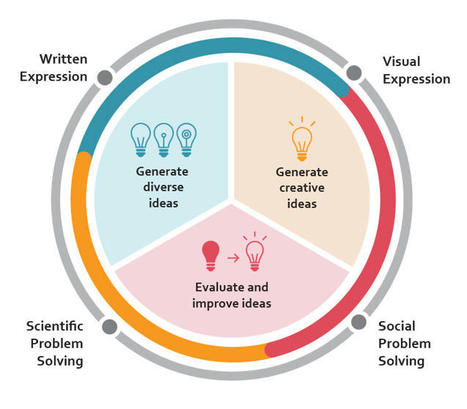



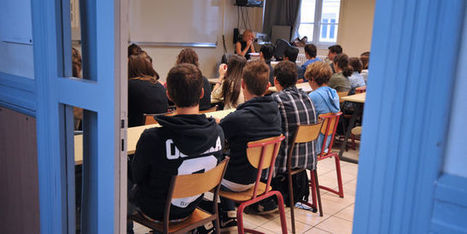



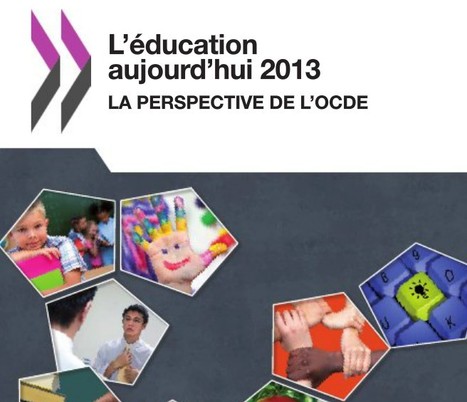
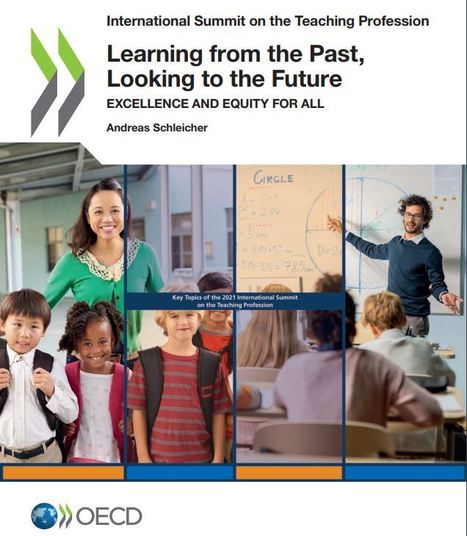
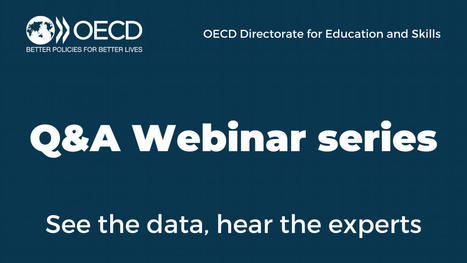

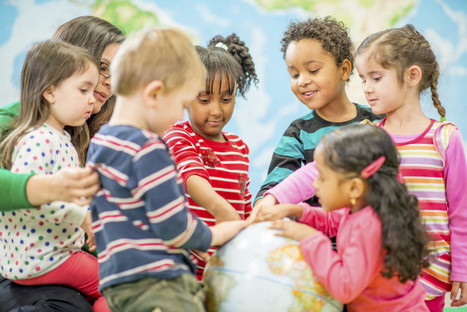


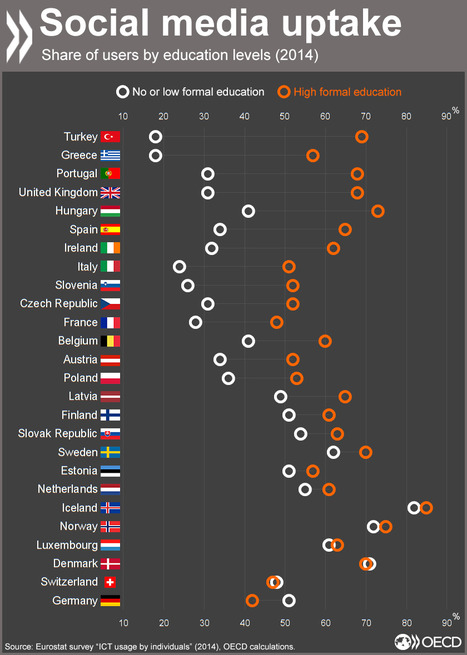








What is Creative Thinking?
Creative thinking is the way of thinking that leads to the generation of valuable and original ideas. All people are capable of engaging in creative thinking and practicing ‘everyday’ creativity (addressing everyday activities in a non-conventional way). Creative thinking can be applied not only to contexts related to the expression of imagination, such as creative writing or the arts, but also to other areas where the generation of ideas is functional to the investigation of issues, problems or society-wide concerns.
The PISA assessment will examine students’ capacities to generate diverse and original ideas, and to evaluate and improve ideas, across a range of contexts or ‘domains’. The assessment includes four domains: written expression, visual expression, social problem solving and scientific problem solving. In each of these domains, students engage with open tasks that have no single correct response. They are either asked to provide multiple, distinct responses, or to generate a response that is not conventional. These responses can take the form of a solution to a problem, of a creative text or of a visual artefact.
Learn more / En savoir plus / Mehr erfahren:
https://www.scoop.it/topic/21st-century-learning-and-teaching/?&tag=Creativity